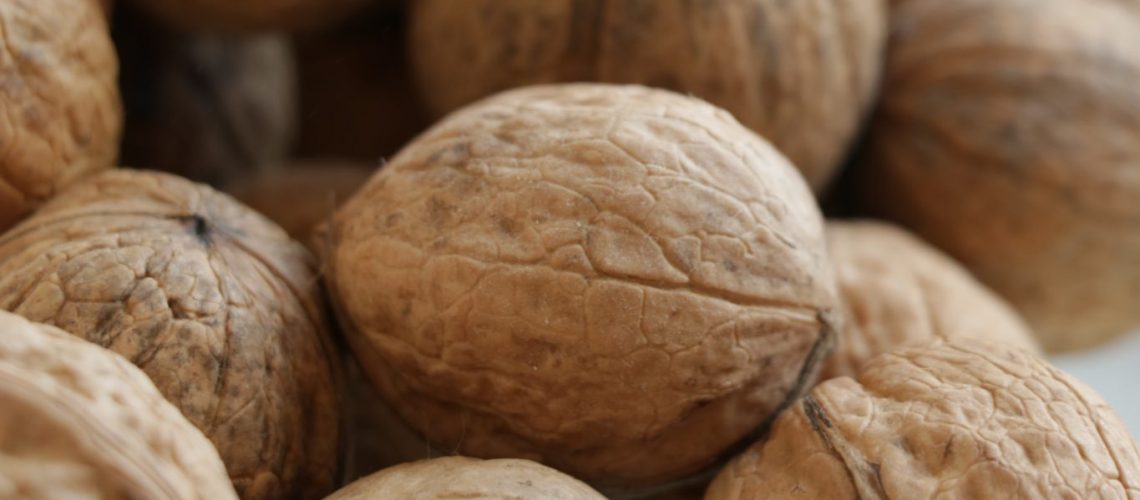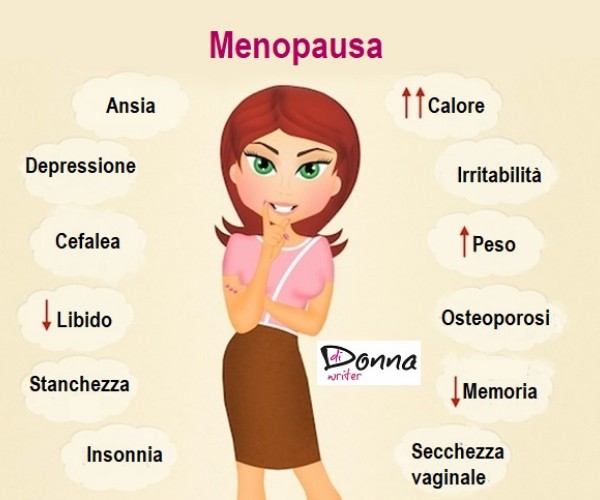Walnuts, hazelnuts, almonds, and pistachios contain high amounts of omega-3 and omega-6 series polyunsaturated fatty acids, which countless studies have shown to be valuable allies of cardiovascular health and nervous system function, to the point of recommending targeted supplementation in situations of deficiency (insufficient dietary intake) or increased need (for example, in pregnancy or after an acute cardiovascular event). Although recent reviews of the scientific literature have, in part, cast doubt on the ability of some of these essential fatty acids to help prevent heart attack and other cardiovascular diseases, a large body of evidence suggests that these compounds are beneficial to human health at various levels. Among the most recent evidence supporting the benefits of their regular dietary intake are those provided by research presented at the European Society of Cardiology Congress (ESC 2019), held in Paris from Aug. 31 to Sept. 4. Specifically, the study monitored the incidence of cardiovascular disease (myocardial infarction, unstable angina, and sudden cardiac death), stroke, cardiovascular mortality, and all-cause mortality in a cohort of more than 5,400 healthy people over the age of 35 followed for a period of 13 years, in relation to the extent and frequency of nut consumption. The evaluation found that people who habitually consumed larger amounts of walnuts, hazelnuts, pistachios, and almonds were less likely to experience cardiovascular events and to die from cardiovascular or other causes. After repeating the analysis taking into account potentially confounding factors such as age, sex, smoking, educational attainment, level of physical activity, place of residence (rural or urban setting), family history and individual risk of cardiovascular disease, etc., the favorable effect of nut consumption zeroed out in terms of reduced risk of cardiovascular disease and all-cause mortality, but remained significant for cardiovascular mortality. More specifically, the study indicated that, compared with those who consumed little or no nuts, those who consumed at least two servings per week (equal to about 3-5 nuts each) had a 17% lower risk of mortality from cardiovascular causes: a value that corresponds to protection comparable to that offered by many drug treatments specifically designed for this purpose, but completely free of side effects. Since nuts contain not only omega-3 and omega-6 essential fatty acids, but also vitamins, antioxidant compounds, phytosterols, minerals and other micronutrients that are potentially beneficial to the body, on the basis of this study it is not possible to assign a precise protective role to any single element or to provide guidance for specific supplementation. What does seem clear, however, is that munching on a few walnuts, almonds or pistachios as snacks throughout the day or adding them to salads or other dishes can benefit your health as well as your palate. The only caveat is not to overdo the quantities, since nuts are quite caloric (about 550-650 kcal per 100 g), and to prefer “fresh” or freshly dried/toasted ones, but not salted or sweetened, to avoid seeing blood pressure and blood sugar rise, wiping out the potential cardiometabolic benefit.
Sources:
– Mohammadifard N et al. Nut consumption, the risk of cardiovascular disease and all-cause mortality: Isfahan Cohort Study. ESC 2019; Abstract 46
– Piepoli MF, Hoes AW, Agewall S, et al. 2016 European Guidelines on cardiovascular disease prevention in clinical practice. Eur Heart J 2016;37:2315-2381.
Photo by Daria Rudyk on Unsplash























































































